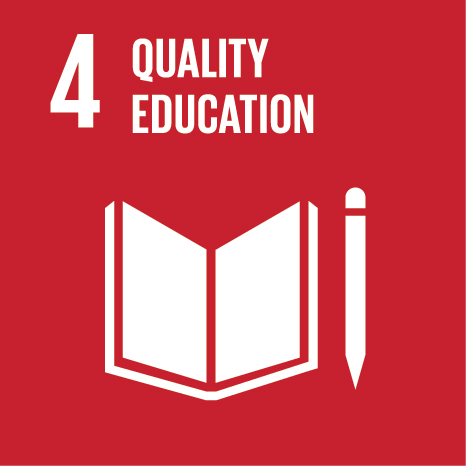 +265(0)111 624 222
+265(0)111 624 222 research@unima.ac.mw
research@unima.ac.mw Chirunga-Zomba, Malawi
Chirunga-Zomba, Malawi
On Cosmopolitanism Through Deliberative Education Extended: Beyond Moral Respect
Abstract
In this chapter, we draw specifically on the views of Marianna Papastephanou, who has reservations about some of the attributes that are often associated with cosmopolitanism. In the main, we argue that there is an inherent connection between cosmopolitanism and democracy. We discuss the possible implication of cosmopolitanism, as viewed by Papastephanou, for education. We specifically focus on deliberative education, which could be described as education that is concerned with pedagogical practices that incorporate encounters with the other. An appropriate response, we argue, would be to incorporate teaching and learning pedagogical practices that create the space to notice societal injustice globally through the recognition of the other. Such pedagogical practices could be, for example ubuntu-inspired practices that explore diversity and vulnerability; research focused on lived community-related problems; allowing for the development of critical skills through student participation; the development of care through deliberation; practices that include moral imagination by utilising learning material from the humanities; and lastly, practices that draw on the embodied knowledge of the students. Such deliberative education could cultivate in students the required compassion, care, imagination and responsibility towards the other—for the immediate other and the faceless other—and towards social justice. Through such deliberative education, cosmopolitanism could, to a greater degree, reflect the essence of being eccentric and ethico-political.
| Original language | en |
| Pages (from-to) | 85-103 |
| Publication status | Published - 2020 |
UN SDGs
This research output contributes to the following United Nations (UN) Sustainable Development Goals (SDGs)

License
http://www.springer.com/tdmUN SDGs
This research output contributes to the following United Nations (UN) Sustainable Development Goals (SDGs)

License
http://www.springer.com/tdmUN SDGs
This research output contributes to the following United Nations (UN) Sustainable Development Goals (SDGs)

License
http://www.springer.com/tdm